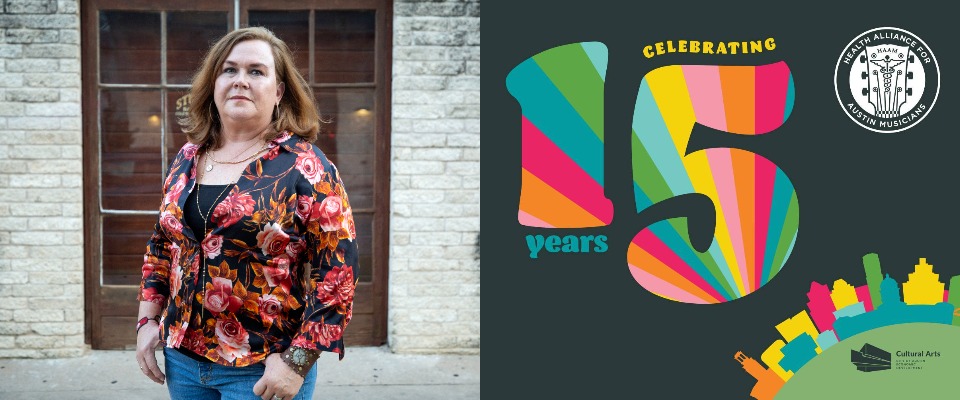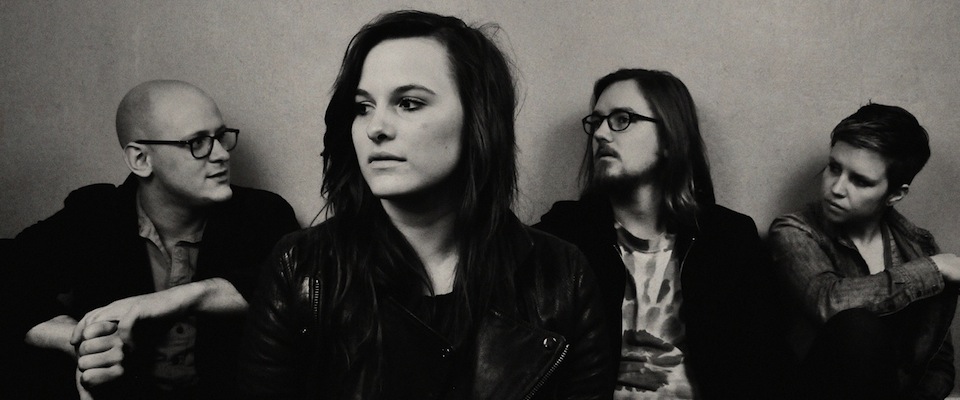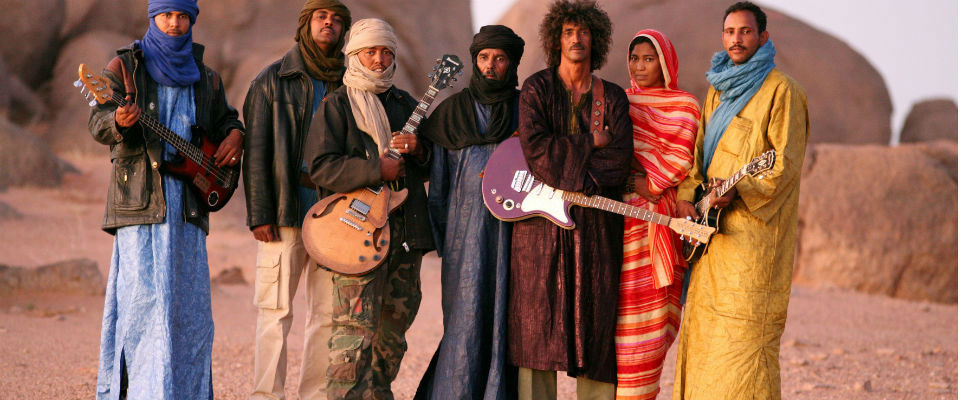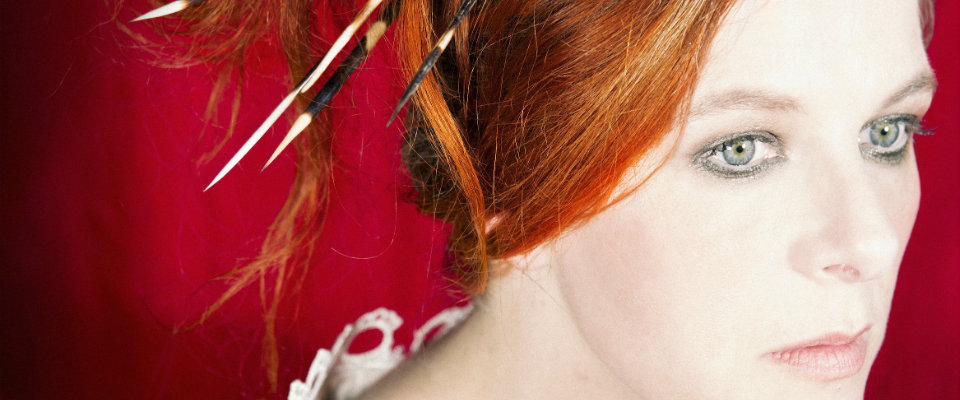Photo by Julia Reihs/KUTX
The Health Alliance for Austin Musicians Celebrates Its 15th Anniversary with HAAM Day on Sept. 15
The annual fundraising event goes virtual this year.
By Annie Lyons
Facing increased need, decreased funding and the uncertainty of the COVID-19 pandemic, there’s a lot riding on the Health Alliance for Austin Musician’s biggest fundraising event of the year, HAAM Day.
The 15th anniversary event goes virtual on Tuesday, Sept. 15 with a fundraising goal of $600,000, which will help the nonprofit in its mission to provide health insurance and services to working musicians. Since the COVID-19 pandemic began, HAAM’s had an estimated $1 million loss from the cancellation of fundraising events.
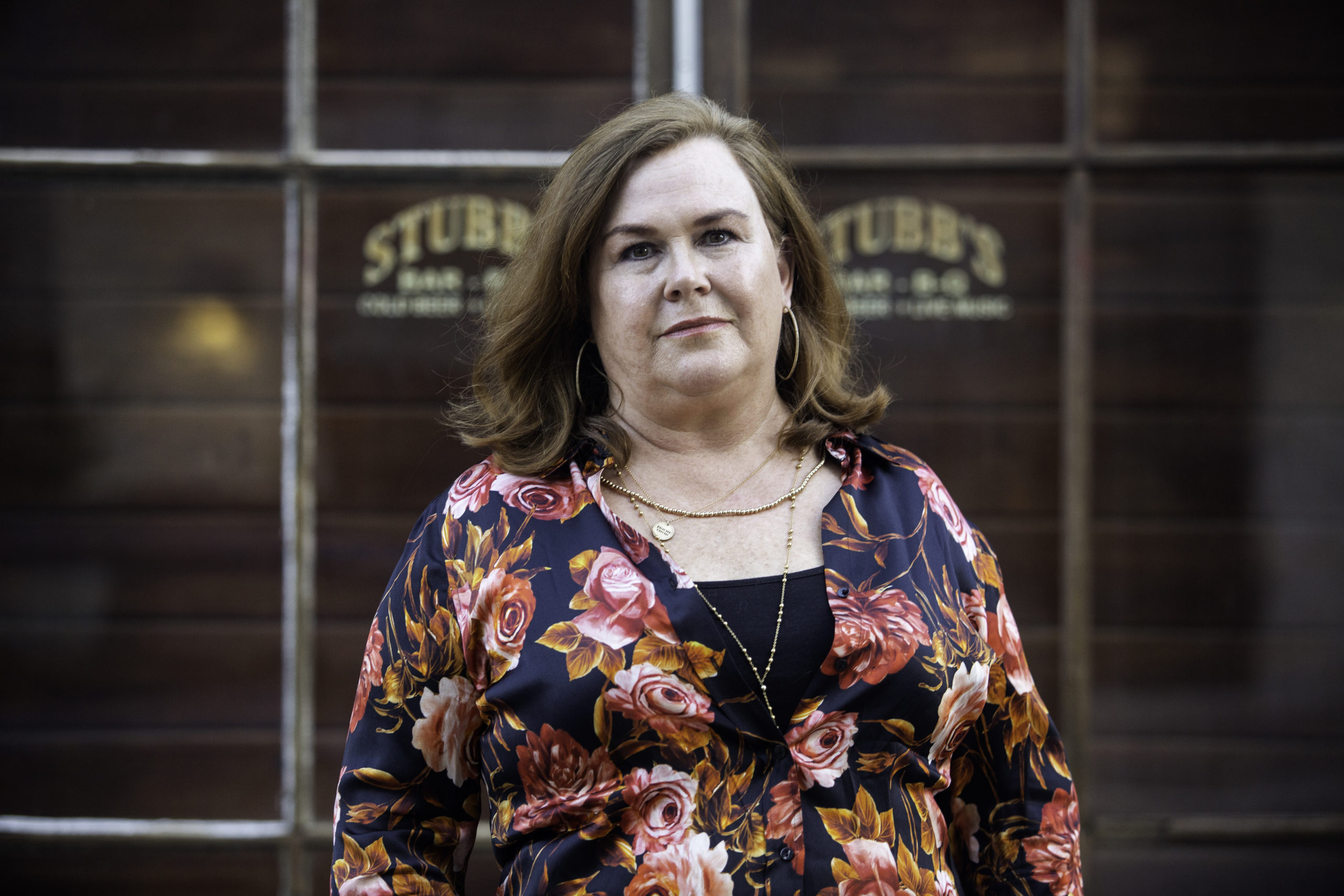
As HAAM’s Chief Executive Officer Reenie Collins explains, “HAAM Day for the past 15 years has been this huge celebration of what’s best about Austin and best about Austin music. It’s up to 200 live shows in one day, all over the city in normal places like clubs and restaurants and venues, but also grocery stores and bank lobbies and street corners.”
The silver lining to its new virtual format?
“We’re going to be able to be bringing different music — lots of genres, lots of new music, lots of old Austin iconic music — to the city in a different way,” Collins says. “And it possibly will even hit more viewers and music lovers than we have in the past.”
Collins says that since the coronavirus pandemic began, HAAM has seen a huge surge in need — not just in healthcare assistance, but in what she calls “the social determinants of health.” She explains, “You know, in terms of just having enough food to eat, being able to buy groceries for your family, a place to live, ability to do anything. People are really in crisis.”
To help bridge these pitfalls, HAAM expanded its services and started a basic needs program in March, as Collins told KUTX in this story. Pulling from cash reserves and new donor gifts, the nonprofit adapted to the increased output despite its funding loss.
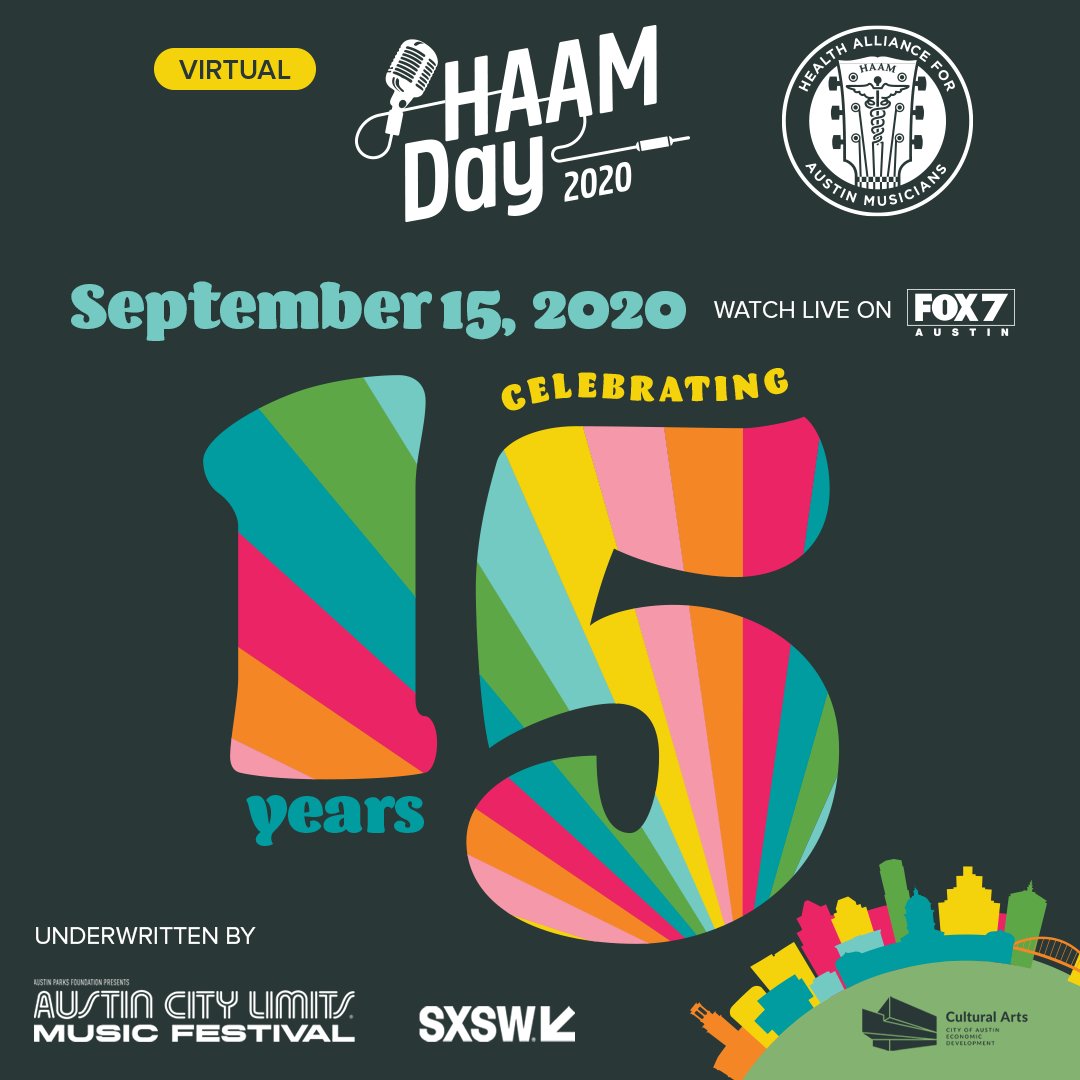
Yet as the coronavirus pandemic stretches on with no clear endpoint, it’s difficult to predict how giving patterns and needs will further change. HAAM Day presents an opportunity to offset those losses.
Suffering in the Austin music community is widespread, and flexibility is key to providing assistance.
“I think you could probably talk to any musician in town, and they would tell you probably about themselves, but certainly about someone that they know who literally have had their lives saved by HAAM,” Collins says.
“We enjoy such a great amount of trust and support from the Austin musicians because they are so grateful for the difference that we make.”
Just ask Kate Howard. With HAAM’s help, the Austin singer-songwriter had what she describes as “life-altering brain surgery” in December 2019.
Born and raised in Savannah, Georgia, Howard, 57, has always loved to sing. She grew up singing second soprano in choir and had a knack for picking out harmonies the first time she would hear a song. But she was shy — painfully so.
After a talent show gone wrong, it wasn’t until a friend coaxed her to sing at a birthday party decades later that she started performing again. At age 50, she wrote her first song. Soon, she attended open mics and gradually started gigging after hiring a guitarist.
What encouraged her to finally take that leap?
“There was always something in the back of my mind ever since I was a girl that I wanted to be asked to do a solo or asked to be in a duet or something when I was in choir, and nobody ever asked me, so I just asked myself,” she says. “It’s not just a matter of wanting it. It’s a matter of taking the appropriate actions at the right time.”
Around the same time she moved to Austin in 1987, Howard started exhibiting strange symptoms where her muscles would seize up and contort. It took nearly two decades before she received an accurate diagnosis in 2006.
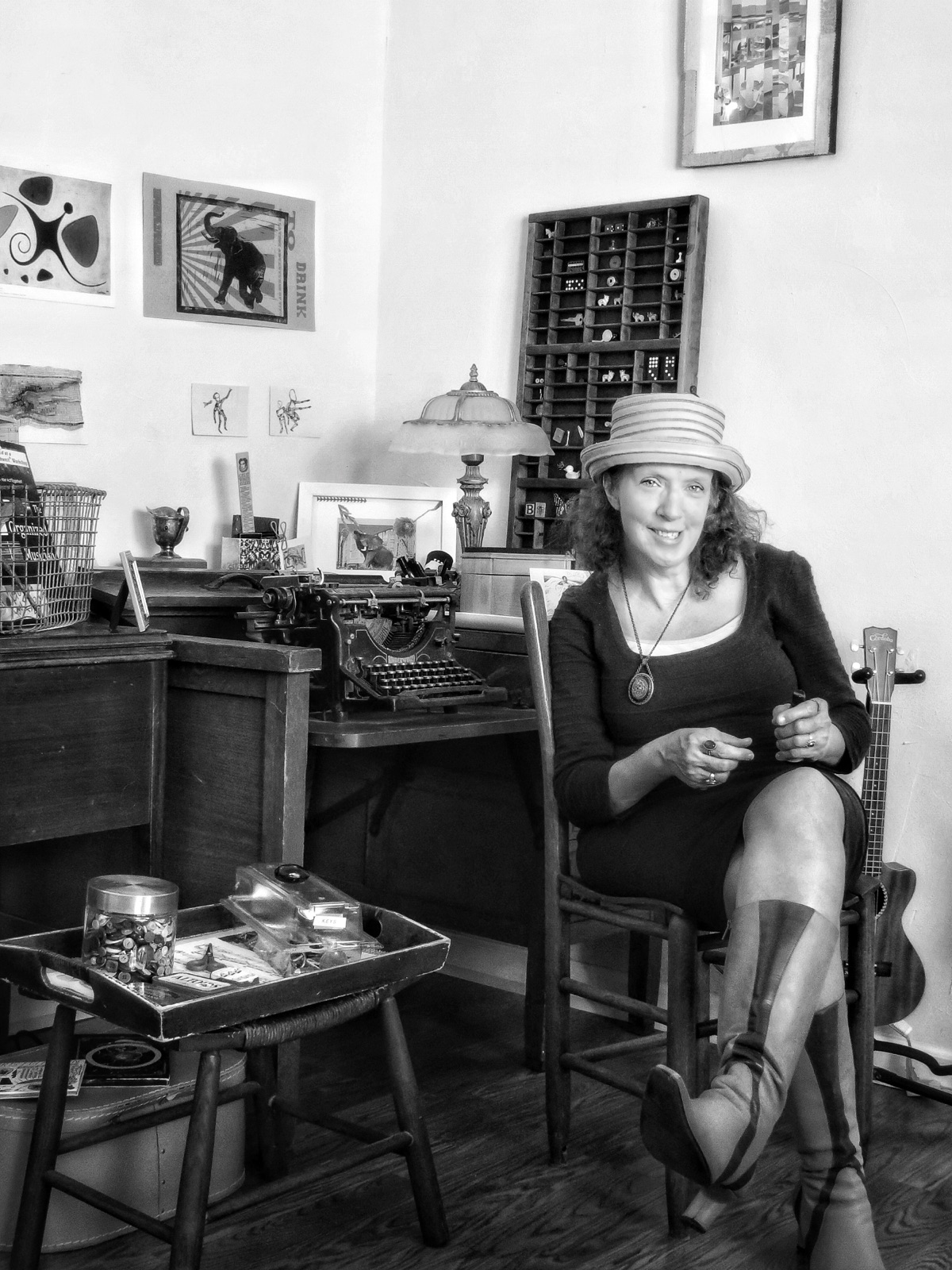
“My GP didn’t know about it. My allergist didn’t know about it. I went to a chiropractor. My therapist didn’t know what it was. Nobody knew what it was. And it was only through my own research that I found out about it,” she says, citing a PBS documentary called “Twisted” for cluing her in.
Howard has dystonia, a neurological movement disorder with physical symptoms akin to Parkinson’s that affects as many as 250,000 people in the United States, according to the American Association of Neurological Surgeons. Dystonia is chronic and lifelong — instances of remission are rare and not well-documented — but the vast majority of cases do not shorten life expectancy.
“It sounds like the name of an Eastern European country,” she quips. “I heard somebody actually talk about Estonia the other day, and I just laughed.”
She describes how during a flare up, her muscles tighten, spasm and twist into abnormal, painful positions. Sometimes she cries — not because she’s sad but as an automatically triggered response that she can’t control.
Medication helped manage her symptoms but started to lose efficacy over time. So when her doctor told her a couple years ago that surgery could help reduce her symptoms up to 80%, she started to seriously consider the option.
Last December, she underwent the two-operation procedure: first, brain surgery to place electrodes on either side of her brain and a week later, implantation of a device called a neurostimulator into her abdomen. Every few days, Howard does a “boost” where she sends voltage to the device so it blocks incorrect signals from the brain — she jokingly calls herself “Robo-Kate” now.
Recovery’s not linear — coronavirus disrupting physical therapy sessions hasn’t helped — but her improvement is astounding. “Given that it’s been several months since surgery, it’s pretty phenomenal,” Howard says. “I’ve had maybe half a dozen flare ups since my surgery and before the surgery, I was having easily that many in any given month.”
Nonetheless, brain surgery is a daunting proposition. Brain surgery where you’re awake is another beast entirely.
She credits the same “taking charge of my own destiny” mentality that spurred her to first start performing as what gave her bravery to do the surgery.
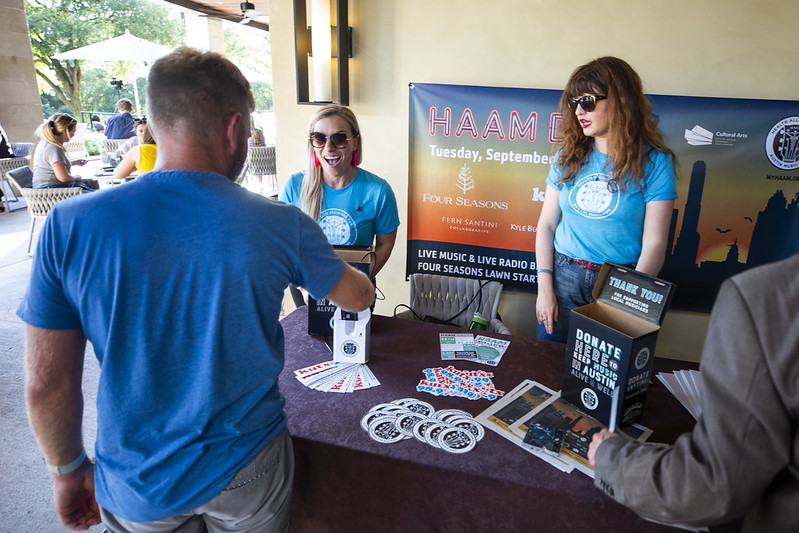
HAAM enabled her the freedom to make that choice.
Under her HAAM member plan, Howard paid a total of $3,000 for both surgeries and the overnight hospitalization. Less than a year after her surgery, she’s completely debt-free.
“As far as HAAM is concerned, they’ve been enormously helpful to me,” says Howard, who first became a member about four years ago. “They’re always checking in to see how I’m doing. They follow me on Facebook to see the boosts. When I was not sure about whether or not I wanted to do the surgery and then once I made the decision, they backed me one hundred percent. They helped me fill out paperwork for my taxes every year so that I could make sure to get any of the government subsidies that are coming my way.”
Howard participated in HAAM Day last year and hosted her own livestream benefit for the organization this summer. She plans to further show her love with a livestream concert at 11 a.m. for this year’s HAAM Day.
“They’re just remarkable. The thing about HAAM is there’s no other community in this country, possibly in the world, that has a structure like this, that has an organization that will help musicians get health insurance,” she says.
“We’re all independent contractors. There are some people who have day jobs, but many don’t, and the amount of money that it takes to purchase health insurance is staggering.”
In addition to dozens of Austin musicians, like Howard, streaming on their own pages all day, HAAM’s hosting four official showcases airing on Fox 7 Austin and online via HAAM’s Facebook and website. Performances and interviews will take place from 9-10 a.m., 2-3 p.m., 4-6 p.m. (online only), and 7-9 p.m. The lineup features local stalwarts like Mobley, Jackie Venson, And You Will Know Us By The Trail Of Dead, Ley Line, Grupo Fantasma, Riders Against the Storm and more. Their message will ring clear.
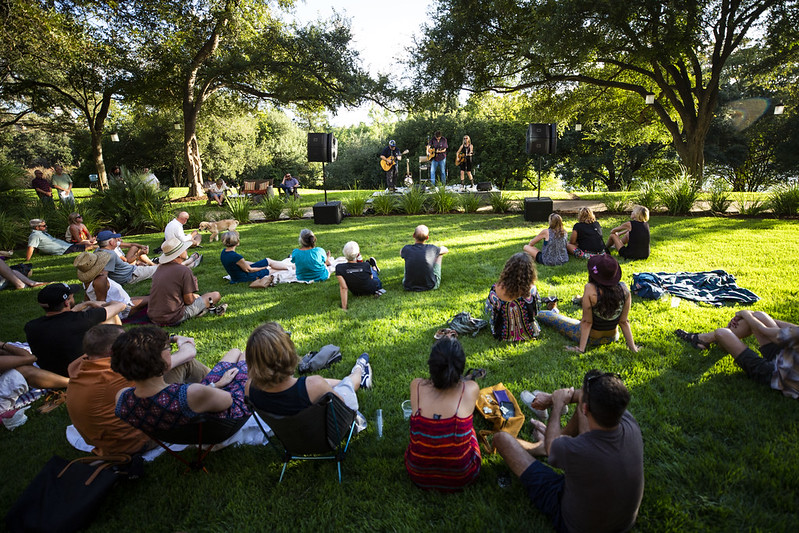
“Being a musician in Austin or anywhere in the world at this time is just fraught with peril,” Howard says. “It’s so important that people not only watch on HAAM Day, but that they contribute if they can, because there are people like me who were undiagnosed, who then got a diagnosis and are facing some tough decisions. (It helps) if they have somebody like the people at HAAM to prop them up.”
Despite the ongoing crisis, Collins grounds herself in gratitude for the support HAAM has garnered the past few months.
“Every nonprofit has been affected. So has every donor. These are uncharted territories for our country,” she says. “The thing that makes me the most encouraged and hopeful is to see in our community — in HAAM’s music community and our donors and supporters and music lovers — to see how people have rallied behind not just HAAM’s mission and what we do in our organization, but behind the music community as a whole.”
“It’s a special thing. I think it underscores how important music is to Austin, not only because it’s our heart and soul and, you know, our cultural identity, but also because it’s an economic engine. It makes a difference to our city’s economic health, too.”
Everyone needs support to stay healthy and thrive, and this is especially true of our treasured music community. Yet HAAM’s fundraising goal is ambitious in this new, virtual format. “If everybody just gave $15 for HAAM’s 15-year anniversary, and you had everybody who loves music doing that in this city, we would be all taken care of,” Collins says. “I’m calling it a ‘love letter to Austin’ all the way around because it’s HAAM’s way of celebrating our musicians. It’s HAAM’s way of thanking our donors. And it’s HAAM’s way of asking other donors to continue to show their love for Austin musicians by supporting us.”
Learn more about HAAM Day and find the whole lineup here.
